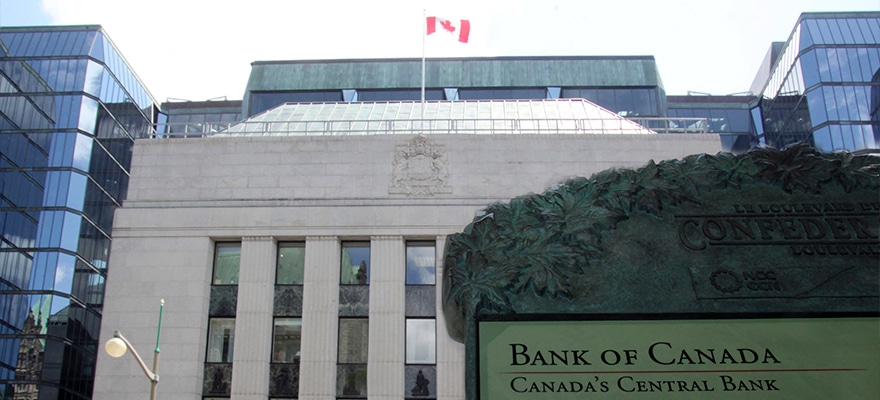It is no longer a question of if Blockchain technology will be adopted by an influential central bank to upgrade its national financial system for a cashless economy, but when and who will be the first to deploy it.
After previous revelations about major countries where a national blockchain currency is being experimented upon, like China and the UK, now the Bank of Canada is the latest institution to be discovered developing a cryptocurrency. The uncreatively named CadCoin seems to be already somewhat operational as at a Payments conference in Calgary today it was demonstrated by sending funds between banks.
The event, called Payments Panorama 2016, also featured other blockchain demonstrations and lectures from the likes of Ripple as well as Canadian financial firms.
Dave Mowat: "we're going to send money to another bank using #blockchain tomorrow morning" #pay2016
— Payments Panorama (@paymntspanorama) June 15, 2016
CadCoin is reportedly being tested in cooperation with some of the biggest commercial banks in the country including: the Canadian Imperial Bank of Commerce (CIBC), Toronto-Dominion (TD) Bank, Royal Bank of Canada, Bank of Montreal and Scotiabank.
Underpinning the technological side of the Canadian central bank's experiment is R3, the collaboration of over fifty of the world's major commercial banks and financial institutions to design a new distributed and shared ledger-inspired technologies for the global markets. Unlike with previous cases, R3 has still not publicized this cooperation but official comments are expected on Friday.
Two weeks ago we reported that AIA Group (HKG:1299), the largest independent publicly listed pan-Asian life insurance group, has become the latest institution to have joined the blockchain consortium led by R3.


















